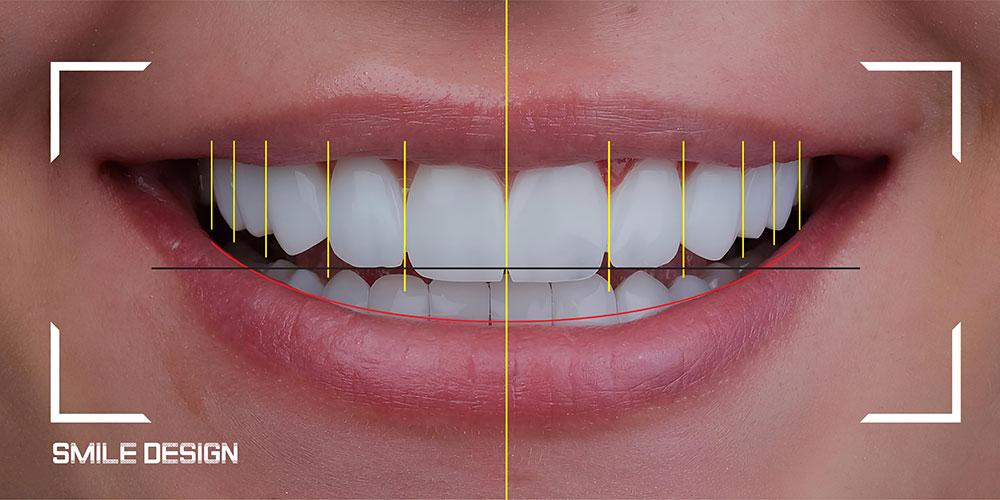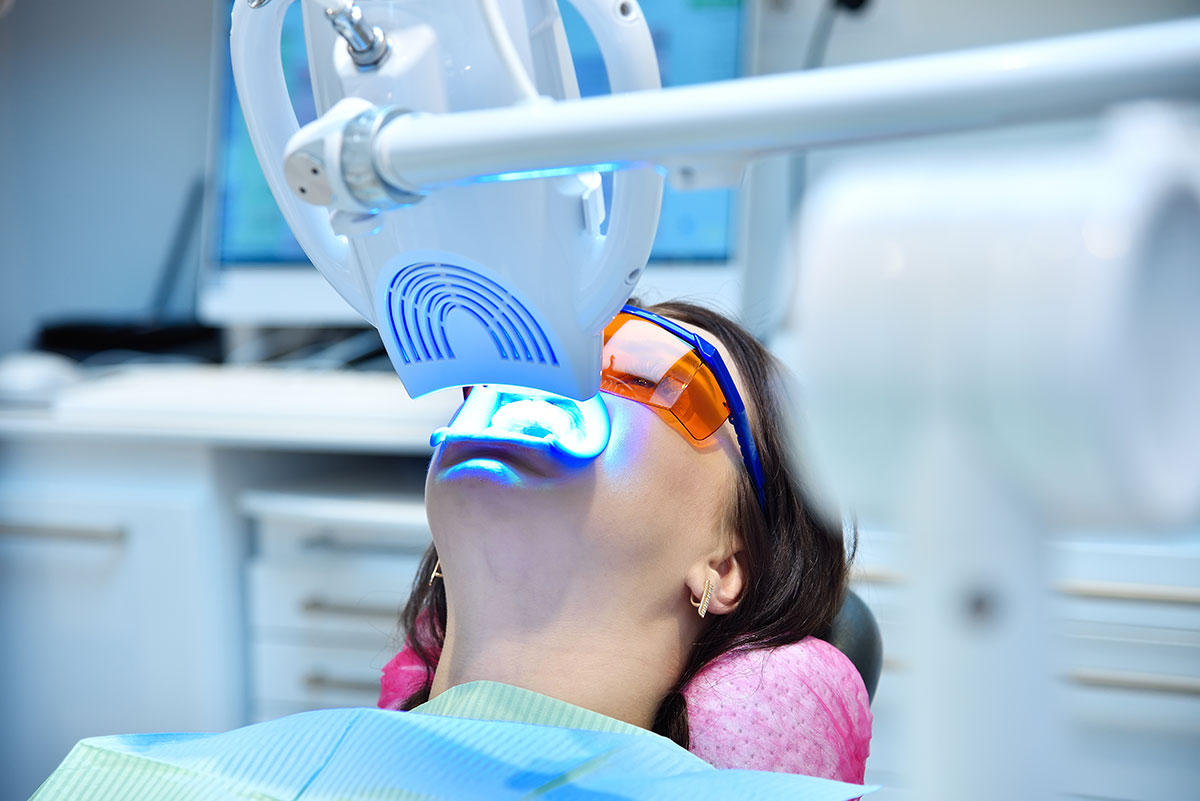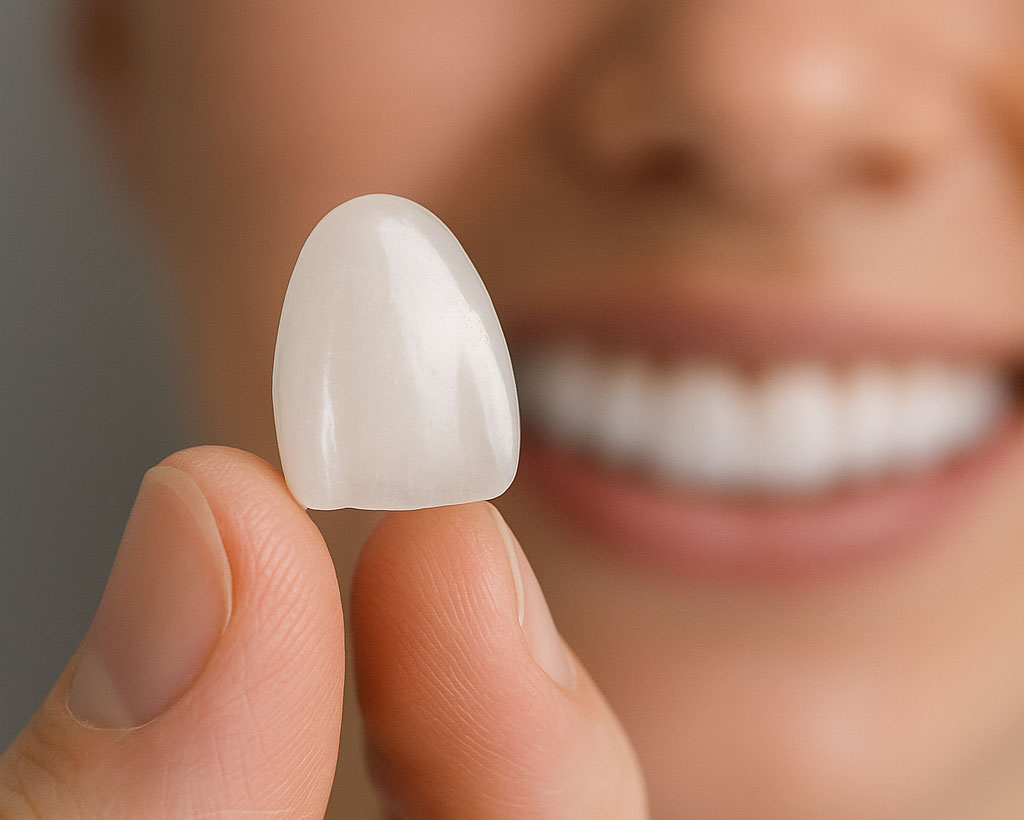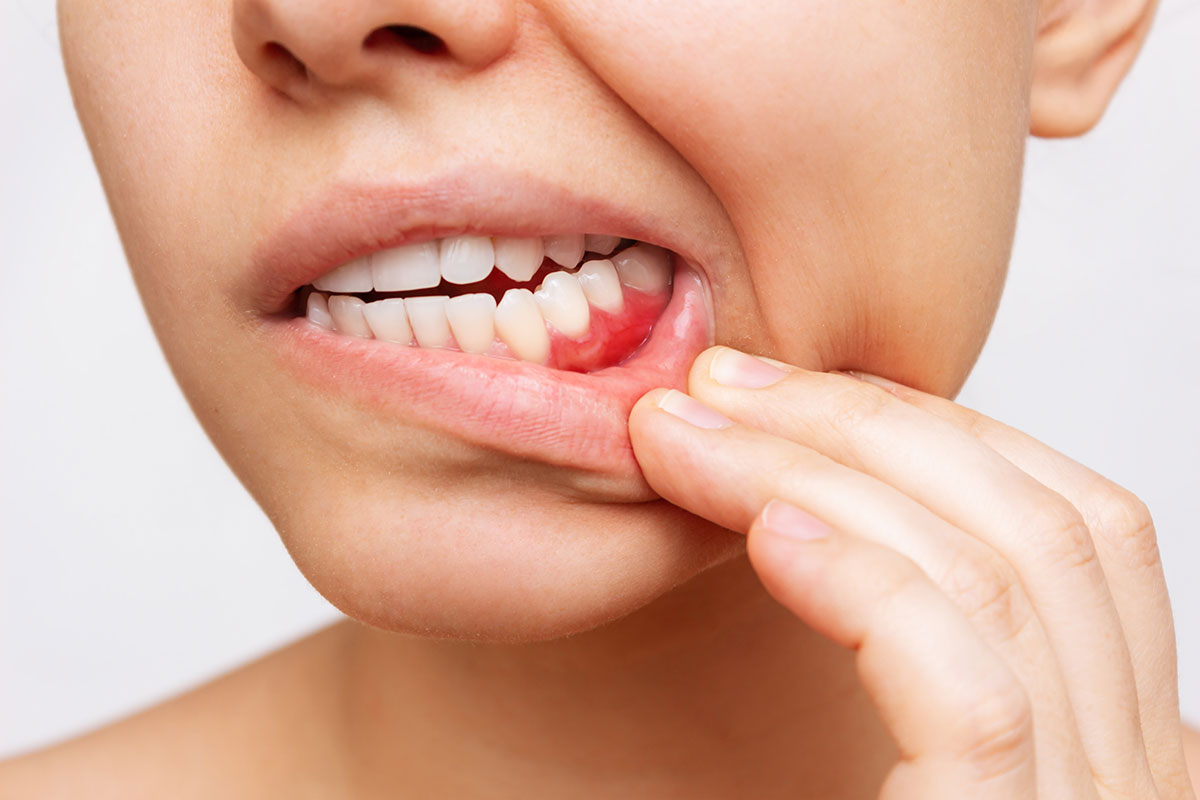Oral and dental health is one of the cornerstones of general health. Regular tooth brushing is the most important step in preventing tooth decay, gum disease and bad breath. However, many people today are curious about the answer to the following question:
👉 “Does an electric toothbrush or a manual toothbrush clean better?”
In this article, we will compare and contrast the two brush types in terms of scientific data, dentists' recommendations and daily use.
🧩 1. What is an Electric Toothbrush?
An electric toothbrush is a battery- or charge-powered brush that cleans the tooth surface with rotating or vibrating heads. Its main purpose is to clean the to provide a more effective cleaning with less effort.
Electric toothbrushes provide great convenience, especially for people with poor brushing habits, children, the elderly and people with braces.
Some models are equipped with smart features such as a pressure sensor, timer and app connectivity. This helps to control brushing time and technique.
🪥 2. What is a Manual Toothbrush?
A manual toothbrush is a classic toothbrush in which the person cleans the teeth with their own hand movements.
When used with the right technique as effective as an electric brush it can happen.
The advantage is that it is easily available everywhere, is more affordable and does not require charging or batteries. However, the correct brushing technique and sufficient time (at least 2 minutes) are very important for it to be effective.
⚖️ 3. Comparison of Electric and Manual Toothbrushes
| Feature | Electric Toothbrush | Manual Toothbrush |
|---|---|---|
| Cleaning Activity | Higher plaque removal by vibration or rotational movements | The activity depends on the brushing technique |
| Ease of Use | Provides thorough cleaning with little effort | Requires physical effort and correct technique |
| Time Control | Most have a 2-minute timer | The user must control their own time |
| Gum Health | Reduced risk of damage with overpressure sensor | Hard brushing can lead to gum recession |
| Portability | Requires charger or battery | Easily transported everywhere |
| Price | More expensive | More economical |
📊 4. Efficacy Comparison According to Scientific Research
Many studies around the world, electric toothbrushes are more effective than manual brushes in reducing plaque and gingivitis that you are.
- Cochrane Oral Health Group according to the results of 56 clinical trials conducted by, elektrikli fırçalar 3 aylık düzenli kullanımda plak oluşumunu %21, diş eti iltihabını ise %11 oranında azaltıyor.
- Brushes with rotating and oscillating heads provide deeper cleaning, especially in the gum line.
But dentists, “it's the brushing pattern and the right technique that make the real difference” is the most important thing. In other words, an electric brush used with the wrong technique can also do more harm than good.
🧠 5. Advantages of an Electric Toothbrush
✅ More Effective Plaque Removal
Vibration or rotating heads remove plaque from the tooth surface better than a manual brush. Cleaning is easier, especially on the back teeth.
✅ Timer and Pressure Sensor
Most electric brushes remind you of the ideal time of 2 minutes. The pressure sensor also prevents too much pressure on the gums.
✅ Suitable for People with Weak Motor Control
Ideal for children, the elderly, those undergoing orthodontic treatment or people with limited hand movement (e.g. Parkinson's patients).
✅ Fun to Use
Some models have LED lights, audible alerts and app support. These features especially help children to enjoy brushing.
⚠️ 6. Disadvantages of the Electric Toothbrush
- Needs charging or batteries.
- Titles should be changed periodically (every 3 months).
- If used harshly or incorrectly, it can damage tooth enamel.
- For some people, the high price is a disadvantage.
💪 7. Advantages of a Manual Toothbrush
- Cheap, ubiquitous and maintenance-free.
- Lightweight and easy to carry.
- You are in full control of its use.
⚠️ 8. Disadvantages of the Manual Toothbrush
- Wrong technique (brushing too hard, wrong angle) can cause gum recession.
- Since there is no timer, the brushing time is usually short.
- People with braces or implants may not be able to clean hard-to-reach areas completely.
🪞 9. In Which Situations Should Electric Brushes be Preferred?
- Gum problem ones (bleeding, withdrawal, inflammation)
- Orthodontic braces persons found in
- Limited manual dexterity individuals (elderly, children, people with neuromotor disorders)
- Poor brushing habits individuals
- Tartar formation fast ones
In these cases, an electric toothbrush can be used by selecting the appropriate head under the supervision of a dentist.
🪄 10. Things to Consider When Choosing an Electric or Manual Brush
- Bristles are soft It should not damage the gums.
- Brush head small then the back teeth can be reached more easily.
- A fluoride toothpaste should be used with.
- The brush head should be renewed every 3 months.
- Pressing too hard damages both tooth enamel and gums.
💬 11. What Does the Dentist Say?
This is the common opinion of dentists:
“Although the electric toothbrush is technologically advantageous, The important thing is regular and correct brushing. It is necessary to brush twice a day for 2 minutes and support with dental floss and mouthwash.”
So what makes one brush superior to another, is the user's oral care habit.
🌿 Which One Should I Choose?
If you can brush with the right technique, The manual brush also ensures effective cleaning.
But if you lack motivation, have gum problems or want a more practical cleaning, An electric toothbrush may be a better choice for you.
Either way:
- Brushing should be regular,
- The right technique must be used,
- A 6-monthly dental check-up should not be neglected.





